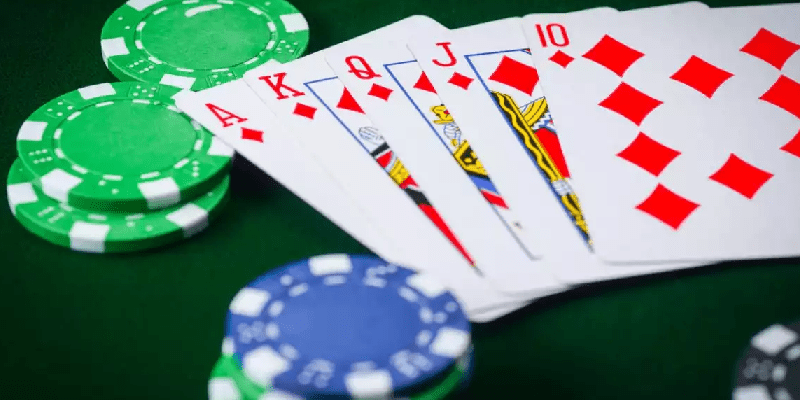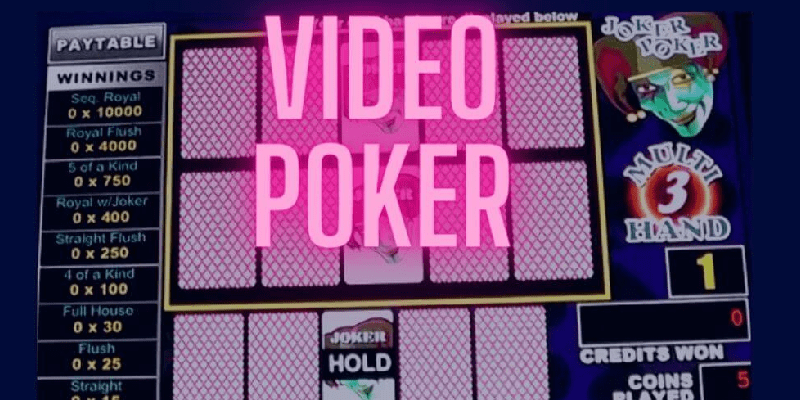Table Games

Introduction
Every casino, whether brick-and-mortar or virtual, has its standard fare of table games. They provide a fun and exciting way to mix strategy, skill, and luck in a game. Learn the ins and outs of every kind of casino table game, from the regulations to the best practices for winning. Gaining a good grasp of these games can help players of all skill levels have more fun and, who knows, maybe even increase their odds of winning.
Roulette, Craps, and Other Casino Table Games 1. Blackjack In the popular card game blackjack, sometimes called 21, the goal of each player is to earn a hand value as near to 21 without going over without going over is to win. Competing against a dealer is the name of the game.
Foundational Guidelines
Number cards are valued one, face cards (Kings, Queens, Jacks) are for ten, and aces might be worth one, ten, or eleven.
In this card game, each player starts with two cards and has the option to "hit" (draw another card) or "stand" (maintain our existing hand). When the dealer's hand value reaches 17 or higher, they are also required to hit.
Assuming neither player's nor dealer's hands are higher than 21, the player wins. In most cases, the payout for a natural blackjack—a hand with an ace and a ten—is three to two.
First Principles
Determine whether to hit or stand by comparing your upcard with the dealer's and using the fundamental strategy charts. Take standing on a hard 17 as an example.
Bet double if your first two cards add up to nine, ten, or eleven. When you're holding a powerful hand, this tactic can work.
Pair Separation: You can split aces and eights, but you shouldn't divide tens and fives.
2. Quick Review of Roulette In the game of roulette, players wager on the possible outcomes of a spinning wheel and the landing spots of balls. There are numbered slots of varying colours on the wheel.
Foundational Guidelines
Layout for Betting: Gamers have the option to wager on single numbers, clusters of numbers, or even colours like red or black.
How it Works: Once the bets are placed, the dealer will spin the wheel and then release a ball in the opposite direction. At last, the ball finds its way into a numbered slot.
Winning: The location of the ball determines the payout for the bet. The payout for a single number bet, for instance, is 35:1.
Different Bets
Bets placed on individual numbers or small groupings of numbers (such as straight bets, split bets, or street bets) are called inside bets.
Place your bets on bigger sets of numbers or attributes (such red/black, odd/even, or high/low) with outside bets.
Advice on Methods
When comparing European and American roulette, players should know that the former features a single zero (0), offering greater odds, while the latter features a double zero (00).
Betting Systems: The house edge remains the same regardless of the system used, but some, like the Martingale, involve increasing bets following losses.
3. A General Introduction to Poker A wide variety of forms and styles make up the poker family of card games. Having the best hand or getting your opponents to fold is the goal.
Common Subtypes
In Texas Hold 'em, each player gets two of their own cards while the other five are shared among the players. The winner is the hand with the best five cards.
Identical to Texas Hold 'em, but in Omaha, each player gets four private cards and must use two of them in conjunction with three of the five community cards.
The standard deck in seven-card stud is a standard deck of 52 cards, with three hidden and four seen. The winner is the hand with the best five cards.
Foundational Guidelines
The standard rating of poker hands is as follows: royal flush, straight flush, full house, flush, straight, three of a kind, two pairs, one pair, high card.
Players have the opportunity to check, bet, call, raise, or fold during the various betting rounds that are common in most poker games.
Advice on Methods
To begin a hand of Texas Hold 'em, you should play a strong hand and fold a weak one.
Bluffing: Deliberately claim to have a better hand than you actually do in order to gain an advantage over your opponents.
Be mindful of where you sit at the table; waiting until later in the betting round will give you a better idea of what your opponents are going to do.
4. The Overview of Baccarat If the player's hand, the banker's hand, or a tie happens during a game of baccarat, the players' bets will determine the game's outcome.
Foundational Guidelines
The values of the cards are as follows: 2–9 are worth the value they appear on, 10s and face cards are worth zero, and aces are worth one.
In this game, the player and the banker each get two cards. Having a hand value as near to 9 as possible is the objective. If the sum is greater than 9, just the final digit is utilised; for instance, 15 becomes 5.
The winning hand is the one that comes closest to 9. Either the player or the banker can win the game, or it can conclude in a tie.
Advice on Methods
When placing a wager, the house edge is slightly lower when betting on the banker's hand compared to the player's hand. Due to the huge house edge, it is advised against betting on a tie.
Mastering the Rules of the Draw: A third card is dealt according to the draw rules, which you should be familiar with.
5. Overview of Craps Players in the dice game craps wager on the result of a single roll or a sequence of rolls.
Foundational Guidelines
The Come Out Roll: The initial outcome is determined by the first dice roll. The shooter wins if the die rolls a 7 or an 11, but loses if the die rolls a 2, 3, or 12. Any other integer can stand in for "point."
The shooter keeps rolling until they either win (roll a point number again) or lose (roll a 7).
Different Bets
A pass line bet is a wager on whether the shooter will succeed on the come out roll or set a point before rolling the point number again.
One kind of wager is the "Don't Pass Line Bet," which goes against the shooter and pays out if they miss the come out roll or roll a 7 prior to the point number.
"Place Bets" refer to wagers on which numbers will be rolled before the 7.
Advice on Methods
A decent place to start is with the pass line bet, which has a little house edge.
A bet with a marginally lower house edge than the Pass Line Bet is the Don't Pass Line Bet.
5. Pai Gow Poker Summary 6. In Pai Gow Poker, players compete against the dealer by constructing two hands, one high and one low.
Foundational Guidelines
Setup: Each player is dealt seven cards; with five cards for high hand and two cards for low hand, they must divide and conquer. There can be no low hand and no high hand.
To win, your two hands need to be better than the dealer's. The bet is considered a push if just one hand wins.
Advice on Methods
Choose Your Hands Wisely: Develop plans to establish powerful high and low hands. The highest possible hand is the high hand, while the lowest possible hand is the second best.
To up the ante on the action, some casinos provide a Pai Gow Bonus tied to certain hands.
7. Three-Card Poker Explanation Bets in Three Card Poker are based on the value of a player's three cards, making it a simplified version of the classic poker game.
Foundational Guidelines
Card Values: A Straight Flush is the greatest possible poker hand according to the standard rankings.
The player receives three cards, places an Ante bet, and then chooses to fold or play the hand. For the dealer to be eligible, they need a Queen high or higher.
Advice on Methods
Every time you have a hand of Queen-6-4 or better, you should always make the Play bet.
The Pair Plus bet pays off according to your hand strength, not the dealer's, therefore it's worth considering.
Some Broad Points on Table Game Strategy
Are You Familiar with the Regulations? Read up on the rules and strategies of the table games you intend to play before you walk foot in the casino. Gain self-assurance through practice, if at all feasible.
Keep Your Money in Check: Before you start playing, decide how much money you can afford to spend. Recognise when you've lost enough and don't keep trying.
Gain an Understanding of the Odds: The house edge and odds in each game are unique. Possessing this knowledge can empower you to make educated choices and select games that offer more favourable odds.
Playing games like blackjack and poker requires some strategy, so it's a good idea to study up on the fundamentals so you can increase your winning potential.
Remember that playing casino table games is just for fun; play responsibly while you're there. If you feel that you are battling with gambling, it is important to seek help and to gamble responsibly.
In conclusion, the several table games offered by casinos provide players with a wide variety of experiences, from the intense strategy of poker to the exciting twists of roulette. You can have a better time playing and have a better chance of winning if you know the rules, use good techniques, and gamble responsibly.








